Annette Zimmermann on AI data centers, jobs and the economy
UW-Madison political philosophy professor Annette Zimmermann considers economic motivations for locating AI data centers in Wisconsin and political conflict over how this industry can impact jobs.
By Jane McCauley | Here & Now
May 29, 2025
VIDEO TRANSCRIPT
Jane McCauley:
What environmental impacts are you thinking that AI could bring with it?
Annette Zimmermann:
AI requires the use of massive finite, natural resources. Think just of data centers, right? In order to run a data center, turns out we need resources to cool it. And so that requires massive amounts of water. Water is one of our most valuable resources on this planet, and unfortunately, it turns out that in many cases, companies prioritize their needs over the collective needs to have access to these resources in an equitable way. So, we see that more and more. There were recent cases of American companies buying land in various places in the Global South, which is obviously cheaper than doing that over here in the U.S. and just using local resources there to power AI innovation that benefits American companies first before those ostensible benefits reach everyone else in society.
Jane McCauley:
What makes Wisconsin or specifically the Great Lakes region such a prime target and so attractive for these companies?
Annette Zimmermann:
Well, I think there are multiple reasons. I think one reason is just the climate-related reason of fewer resources are required to operate here in comparison to operating, say, in Texas. But there are other reasons too, and these are more political reasons. AI innovation has been accompanied with a lot of anxiety about people losing a lot of jobs to automation, and this has triggered a lot of political conflict as well. My guess is that American companies hope to get a lot of people on their side politically by showing that them innovating doesn't necessarily mean that large swaths of the population will necessarily lose their jobs, but that, instead, those populations can keep being employed, in jobs that don't require, say, a PhD, but that still are well-paid positions that are relatively secure, such as people who would work in a data center or in other parts of the AI innovation pipeline. And so that's not an apolitical move. That is a move that calculates that the local population in the U.S. is very concerned about job losses coinciding with AI, and especially the loss of jobs that are not extremely highly technical or extremely highly skilled jobs but that are nonetheless important. So those two reasons, I think, are the main drivers of this move to locate data centers here.
Jane McCauley:
Do you think the jobs that these data centers could provide would outweigh the jobs that AI automation would take away?
Annette Zimmermann:
It's very hard to predict whether the benefits of moving operations here to the Great Lakes region will necessarily outweigh this risk of AI-related job loss. AI has shown that very few things are predictable. This is a highly heterogeneous, rapidly evolving field where things can change in a matter of days, not months. And so it seems very difficult to guarantee that X number of jobs will be secure just because some American companies are moving operations here. That being said, currently with the information we have, it looks like there's great promise in this idea of having more local operations here in the region, because this is a region in which people worry especially about automation-related job loss, much more so than in many other parts of the country. So right now, things might be more promising on that front. Certainly, it's better for the local population than a model of outsourcing all operations elsewhere outside of the country and outside of the United States. It might be better for everyone globally as well, given that whenever American companies go outside of the U.S., they are not under very stringent requirements to avoid exploitative labor practices. So in a way, this could be a win-win, but given that the power of these corporate actors remains largely unchecked, it's impossible to predict whether they will be acting ethically as they embark on this move.
 Passport
Passport




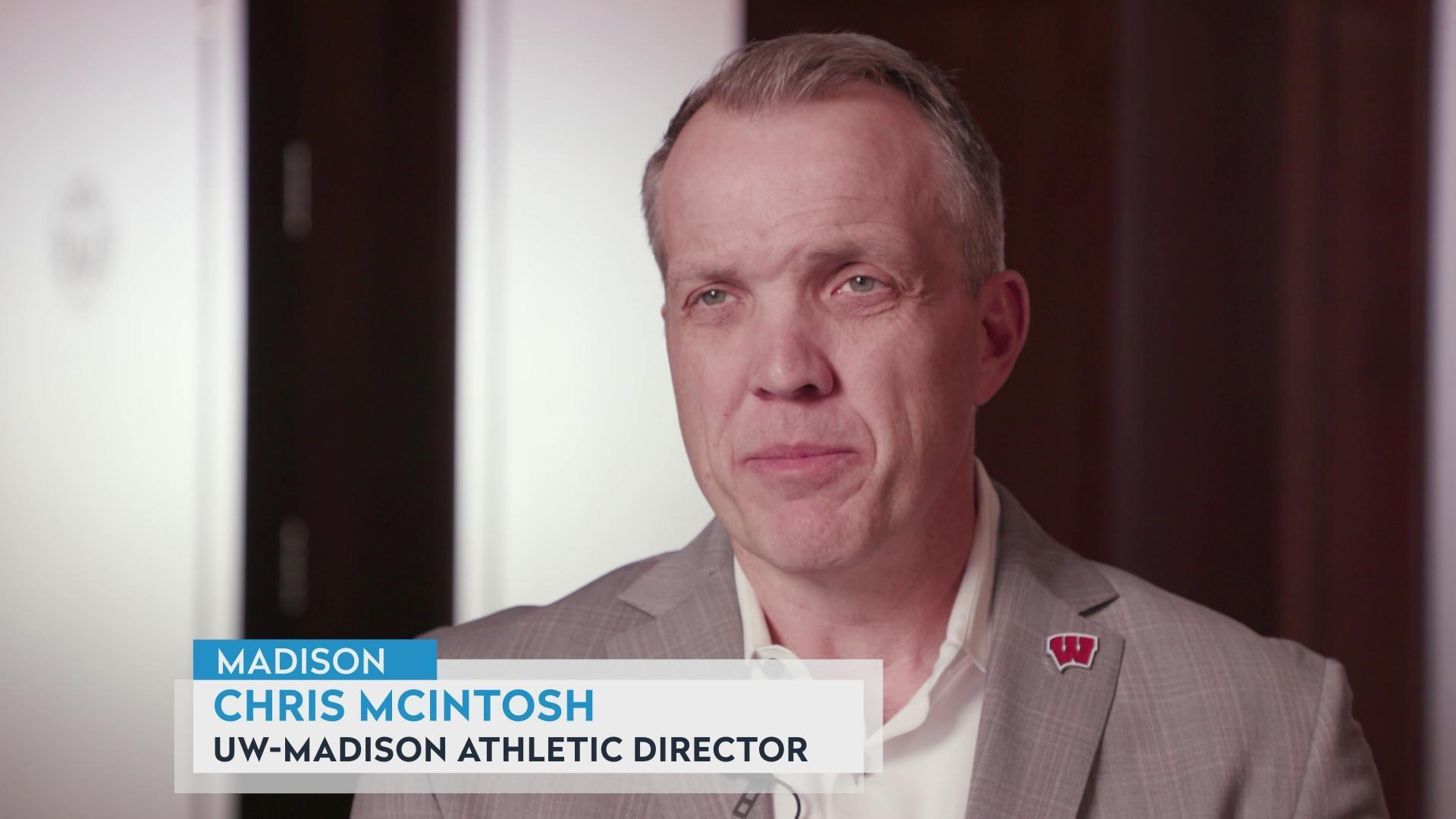
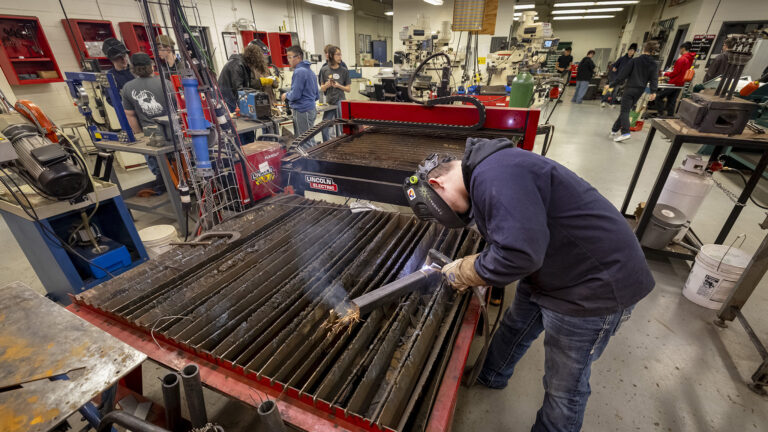
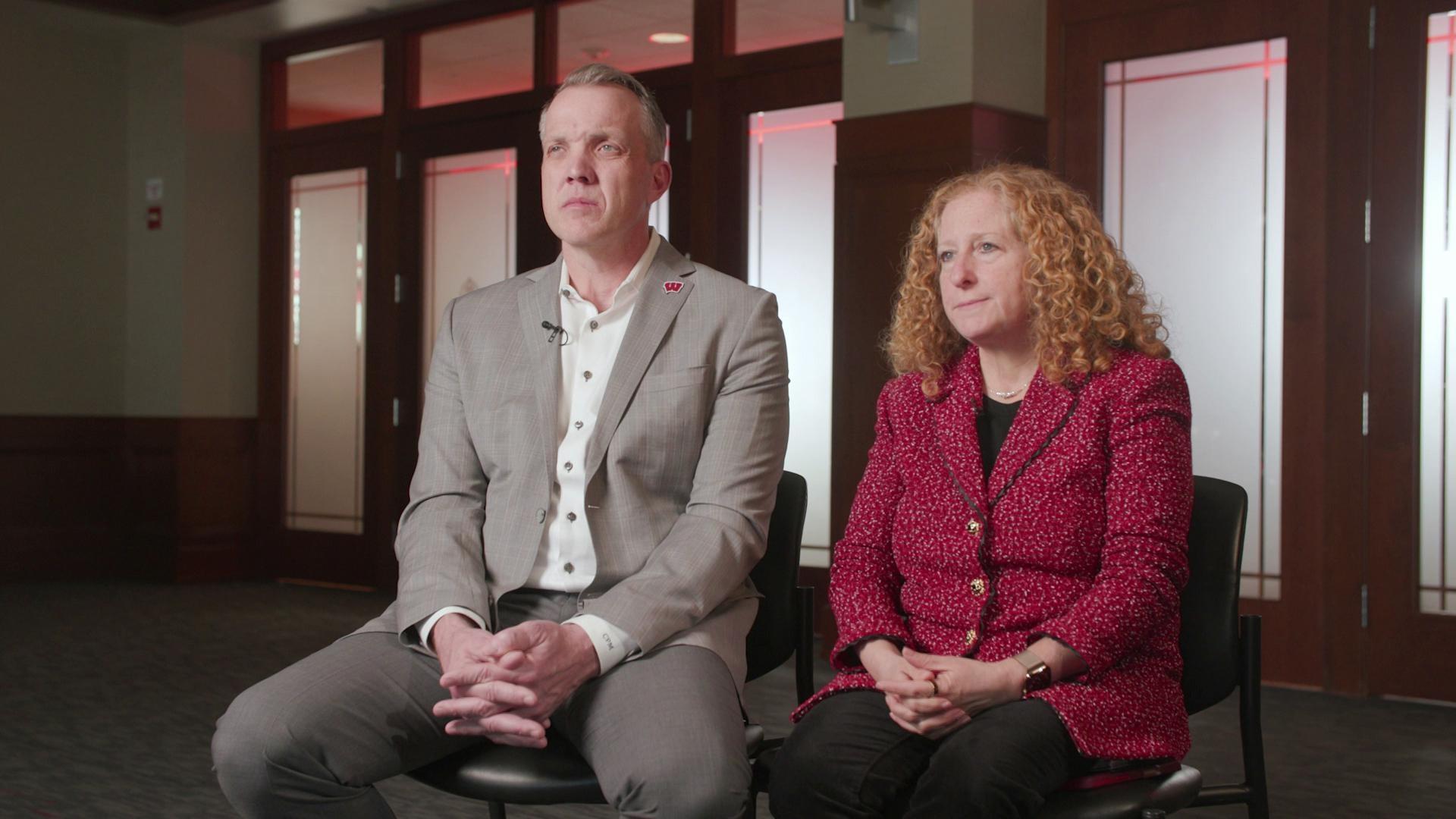

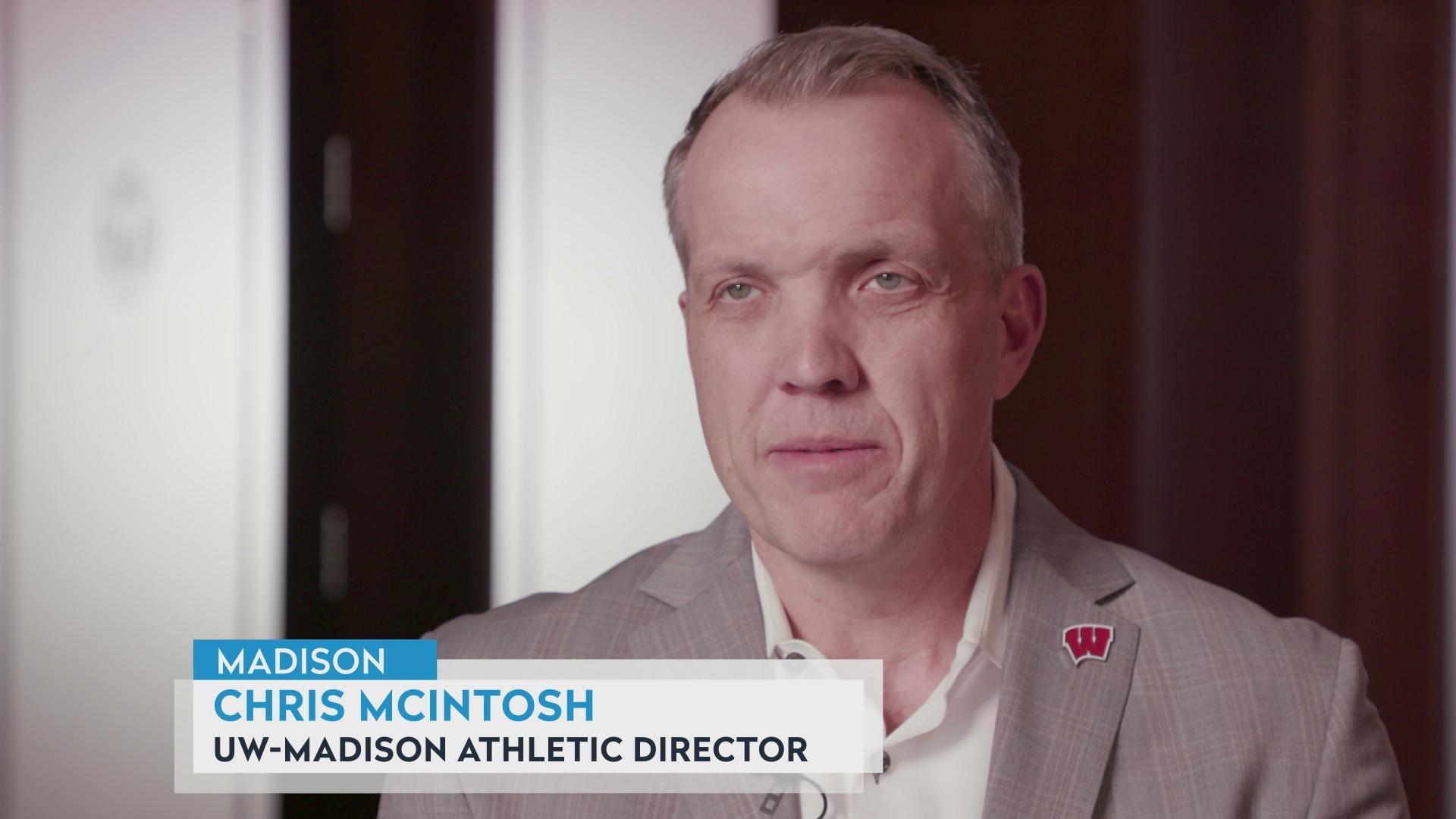
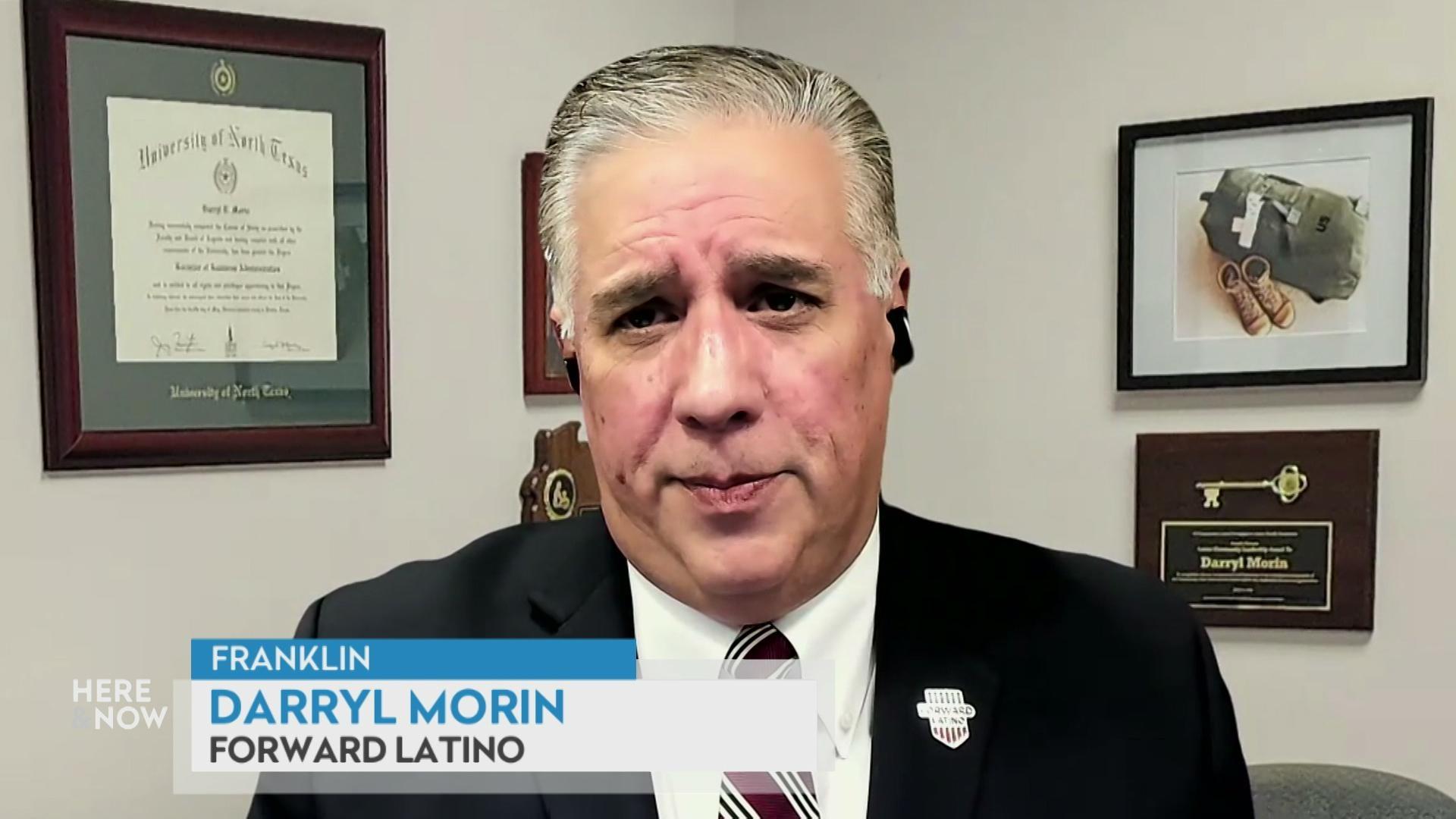

Follow Us